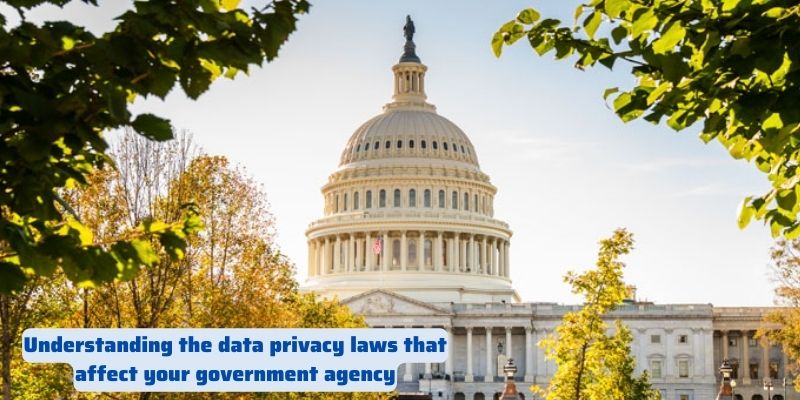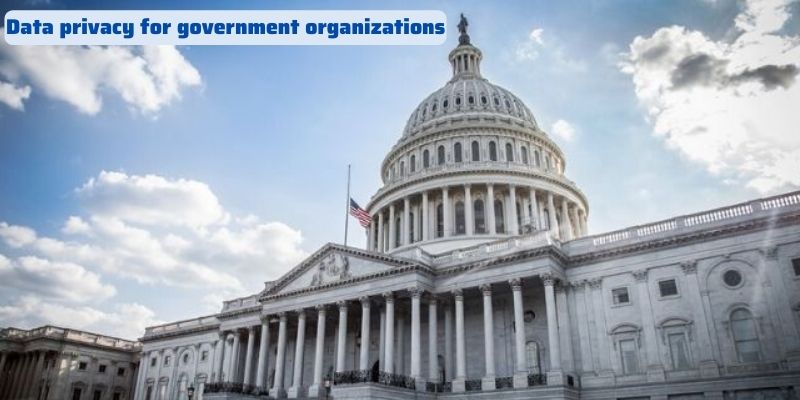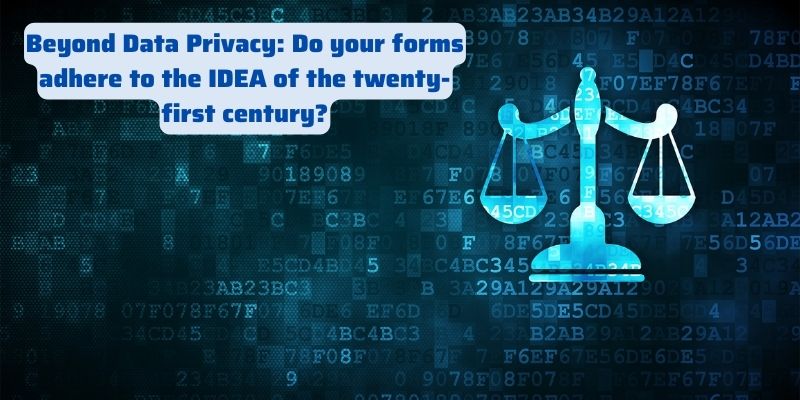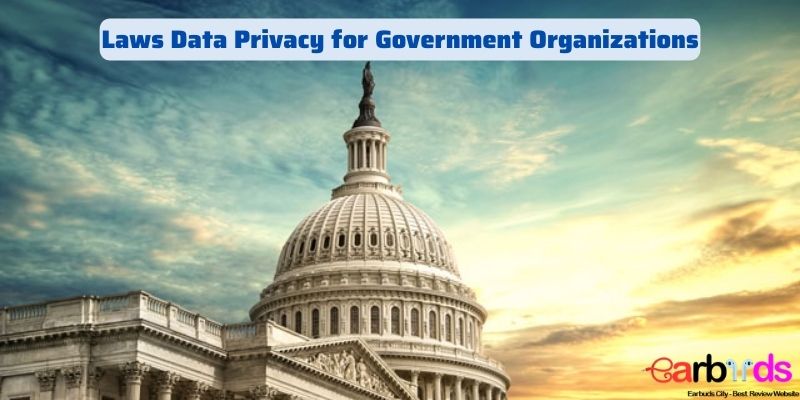What is laws data privacy for government organizations? Based on their location and the data they collect, government entities, whether local, state, or federal, are obligated to follow a certain set of data privacy rules. It’s crucial to create data management systems data privacy for government organizations because numerous government bodies routinely gather sensitive personally identifiable information (PII) from citizens.
The sensitive nature of the data that government agencies collect has made them targets for cyber attacks, but there are best practices you can apply to increase data privacy for government organizations. Read on to find out about the data privacy regulations and best practices you need to be aware of if you manage data for a government organization.
Federal agencies must adhere to the Privacy Act of 1974 while collecting and using personal information in their database systems. The statute forbids organizations from sharing personal data without the individual’s express agreement, with a few exceptions such as the Census Bureau for statistical purposes. Individuals have the right to request personal records, to have incomplete or erroneous records corrected, and to be shielded from unjustified invasions of their privacy. In this article, earbudscity.com will discuss laws data privacy for government organizations.
Understanding the data privacy laws that affect your government agency

Government organizations gather a variety of sensitive data, including information about payments, social security numbers, medical records, and more. Government entities are bound by a wide set of data privacy for government organizations and security requirements because they have access to so much data. It’s critical for employees at government agencies to have a thorough awareness of the regulations that may directly affect them in order to guarantee that data privacy standards are updated appropriately.
Government organizations must adhere to all applicable data privacy rules and regulations, just as private businesses, or face serious repercussions. Globally, data privacy rules have increased with the implementation of the GDPR in Europe, many of which have an impact on both the private sector and governmental organizations. 29 states in the United States, including California, Texas, and New York, have passed data privacy legislation that directly affect governmental organizations in recent years. Make sure you are well-versed in the data security legislation and data disposal laws that pertain to your company if you work at the state or local level.
Data privacy for government organizations
Governmental organizations must axdhere to the strictest privacy requirements because they handle a lot of sensitive data from people all around the world. An organization faces the following risks if it does not adhere to applicable regulations:
- Criminal investigations
- Massive non-compliance fines and other penalties
- Lawsuits
- Loss of trust from citizens
- Stolen data

Best practices for government data privacy
Government enterprises rely on data to do routine operations, but multiple layers of data protection restrictions can make things more difficult. To protect your data, adhere to the following best practices, and only work with data gathering companies who uphold the same strict standards:
- Use administrative controls to keep sensitive data in the right hands
- Create a data breach response plan ahead of time to use in the event of a breach
- Select data management applications that are compliant.
- Make sure all data is encrypted in transit and at rest for an extra layer of protection
- Ensure that all staff members have received enough training on data privacy legislation and best practices.
- Give all citizens, and all data, the same level of privacy
Beyond Data Privacy: Do your forms adhere to the IDEA of the twenty-first century?
The usability of websites and the digitization of services are likewise held to high standards for federal government institutions. The accessibility of the websites of federal executive branch agencies is to be improved by a set of rolling deadlines included in the 21st Century IDEA act, which was passed into law in 2018. By December 2020, all processes involving the public will require digital solutions from agencies. To help with digitalization, you should look for a versatile online form platform like Form Assembly. Watch our webinar to learn more about 21st Century IDEA.

Use Form Assembly to secure your data
Numerous businesses across all sectors have benefited from Form Assembly’s secure and efficient processing of sensitive data. The most stringent compliance and security requirements are met by our all-in-one web form generator. Are you prepared to radically simplify data collecting at your government organization? Try Form Assembly right now without using a credit card.

